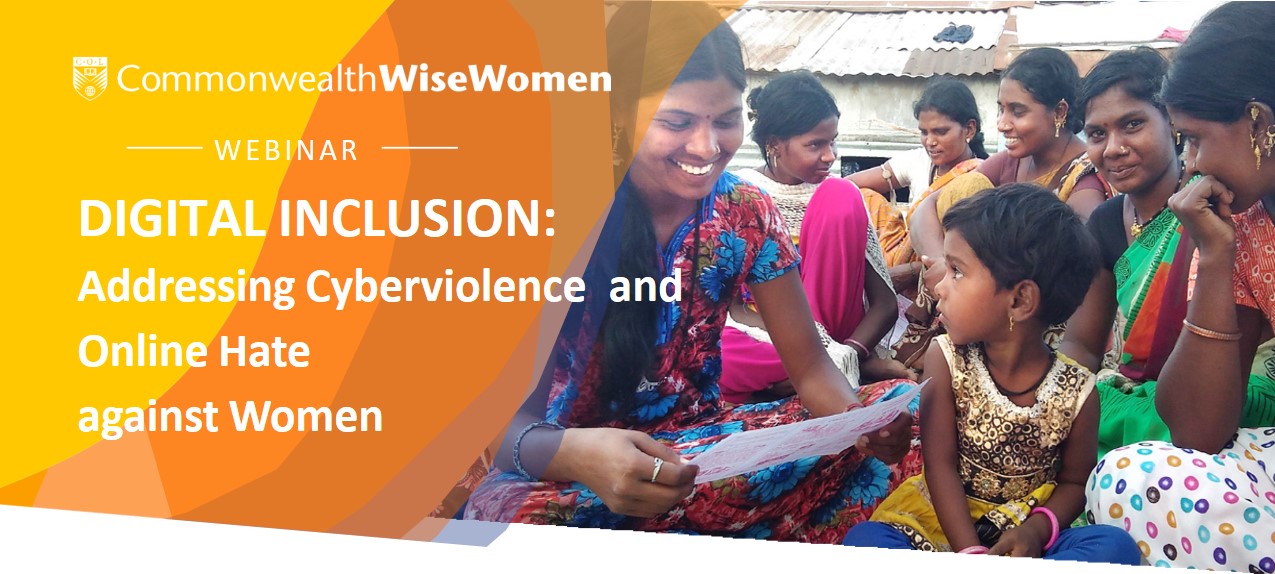

Online gender-based violence is as pervasive and destructive as offline violence. Rooted in gender inequalities found in society, it includes cyber-harassment, violations of privacy and hate speech. Global figures indicate that 73%1 of women have experienced some form of cyberviolence. With the onset of COVID-19, women and girls are increasingly spending more time on the Internet; consequently, the rate of online violence is expected to increase.
The impact on women is serious. Cyberviolence engenders feelings of shame, humiliation and isolation; it threatens women’s mental health and sense of safety. Women often respond by withdrawing from online spaces or limiting their online presence; thus, cyberviolence infringes on their right to information, expression and learning.
To protect themselves women must be given tools and training. Likewise, policy makers, the ICT sector and tech companies can create policies and products to help ensure safer online environments. Join us as we discuss cyberviolence, its prevalence and impact, and suggest measures and practices for preventing and protecting against it.
Moderator
Dr Mairette Newman
Education Specialist, Virtual University for Small States of the Commonwealth
Panelists

Dr Leigh-Anne Perryman is Senior lecturer at the Open University’s (UK) Institute of Technology. Her research focuses on the impact of open educational resources and open educational practices in helping to achieve women’s empowerment, especially in the developing world.
Recognising cyberviolence as an under-reported barrier to women’s online participation, much of her work focuses on raising awareness about the prevalence of cyberviolence and building digital cultures that are safe and empowering for women.

Ms Vilma Gregory is a multimedia expert and communications consultant who designs and develops digital and multimedia technology tools for campaigns promoting gender equality and the prevention of sexual harassment. She has implemented these solutions on behalf of UN organizations such as the UNFPA Caribbean, the UN Women Multi-Country Office and UNDP Jamaica.
Her work demonstrates the benefits of using digital approaches to improve awareness of cyberviolence and online harassment, while encouraging behavior change. Vilma is the CEO of VILCOMM Multimedia Ltd.